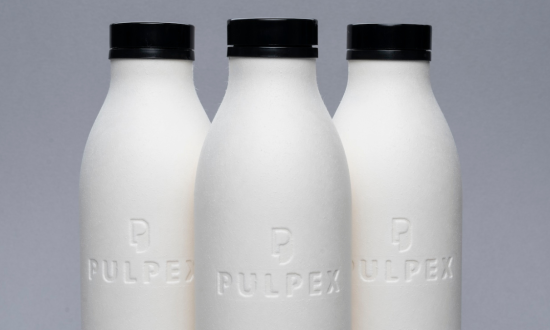Bottles made of fiber with a waterproof interior coating have the potential to considerably decrease carbon emissions in comparison to alternatives such as glass and plastic packaging.

Image Credit: Pulpex Ltd.
The University of Surrey researchers are set to play a key role in a fresh two-year research initiative aimed at advancing coatings derived from reclaimed natural and biological sources, with the goal of achieving commercial scalability.
This project, funded by Innovate UK, is spearheaded by Pulpex Ltd, a renowned global leader in sustainable packaging located in Sawston, Cambridgeshire.
I am very enthusiastic about this new project, which will lead to truly sustainable packaging for liquids, relying only on natural materials and avoiding the use of plastics derived from petroleum. This new project aligns perfectly with the vision of the university’s Institute for Sustainability, which is at the forefront of interdisciplinary sustainability research.
Joe Keddie, Professor, Soft Matter Physics, University of Surrey
Joe Keddie is also a Fellow of the Institute for Sustainability.
Pulpex has demonstrated its capability to produce fiber bottles on a large scale, ensuring easy recyclability through existing paper waste channels and minimizing the introduction of plastic into the environment.
The upcoming project seeks to innovate by creating coatings for the interior of these bottles using materials sourced from natural and biological origins.
This recent endorsement from Innovate UK to better use industrial waste sources to deliver high performance chemical functionality, firmly establishes Pulpex, CuanTec and CelluComp Ltd as R&D powerhouses in the world of sustainable packaging. Working alongside the other partners within the Pulpex UK Bioscience Initiative (University of Surrey, RSSL, Bangor University Biocomposites Centre, Scitech Adhesive Systems Ltd and Diageo), we’re helping create a more sustainable future.
Scott Winston, CEO, Pulpex Ltd